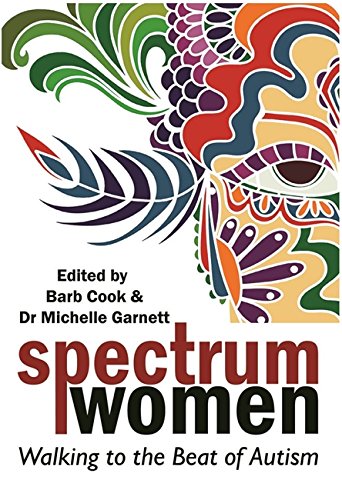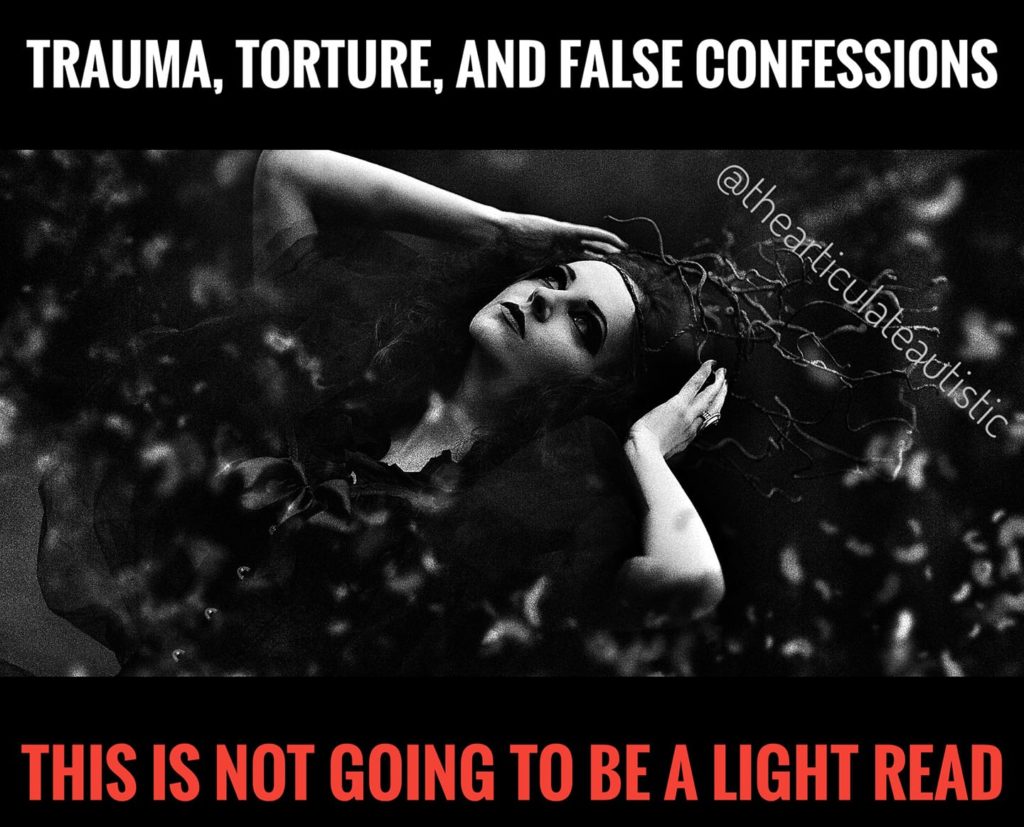Is Your Autistic Child Really Admitting Guilt or Just Repeating What You Say?
![Blonde, male child wearing blue T-shirt with his arms crossed over his chest and squinting into the camera with text that reads, "Is your child really admitting guilt or just repeating what you say?"]](https://www.thearticulateautistic.com/wp-content/uploads/2020/05/aa_guilt_or_repeating-1024x938.jpg)
You know those games where you’re supposed to look at a picture of 3 objects and pick out which one doesn’t belong?
That’s what it’s been like for me with a certain type of comment that I’ve seen in response to some of these posts.
That comment is something to the effect of, “And then he’ll finally admit he did it on purpose” or “She told me she did it just to get a rise out of me”.
Wait. OK, maybe. Just because someone is autistic or otherwise neurodivergent does not automatically make them a faultless angel, but something is not sitting right with me.
(Article continues below.)
The best way to improve communication with your autistic loved one is to understand how your autistic loved one’s mind works! Intentions, motivations, and personal expressions (facial expressions or lack thereof, body language, etc.), are often quite different in autistic people than they are in neurotypical people.
Experience a better understanding of your autistic loved one by reading books about life from an autistic perspective as well as stories that feature autistic characters. You’ll have so many “Ah ha!” moments and start seeing your autistic loved one in a different light (and you’ll have a better understanding of their behaviors, which you may have been misinterpreting up until now).
Books I recommend for a better understanding of your autistic loved one:
Are you SURE you’re understanding correctly? Is your child understanding correctly? Is something getting lost in translation?
Here’s why I think something could be amiss:
1) If someone says to an autistic child, “You did this on purpose, didn’t you?”, it’s possible that the autistic child saying, “I did this on purpose” is not admitting guilt but simply repeating your exact words back to you in the form of echolalia or scripting.
2) We may doubt our own intentions after a while. If someone is continually misunderstanding us, we may just admit wrongdoing because we second-guess ourselves.
3) We may just give up. After a while, that’s what I did. I just admitted to whatever I was accused of at the moment because I was too tired of arguing and explaining all the time.
Please check in more deeply with your child if and when they admit to wrongdoing before doling out any punishment.
From what I’m seeing from many autistic adults, myself included, purposeful malice is very rare for us, and there’s usually another reason or a complete misunderstanding behind not only actions, but words and intentions, as well.
Explain what purposeful wrongdoing feels like to your child. Describe the feelings in great detail, including what happens in the body and mind, so you can be absolutely sure they understand what they’re being accused of or admitting to before things get too misconstrued to fix.
Follow me on Instagram.
Want downloadable, PDF-format copies of these blog posts to print and use with your loved ones or small class? Click here to become a Patreon supporter!







